Podcast: Play in new window | Download | Embed
Subscribe: RSS
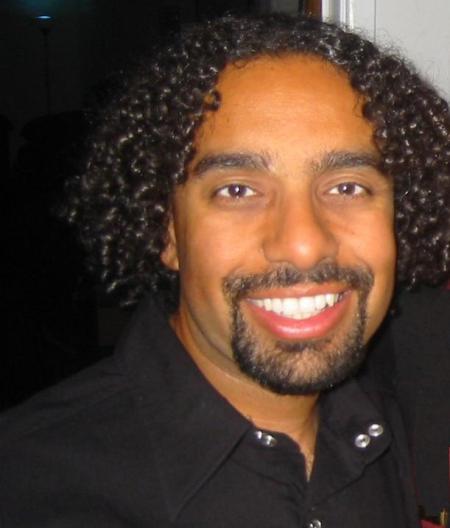 Yesterday I interviewed Ramez Naam for my singularity podcast.
Yesterday I interviewed Ramez Naam for my singularity podcast.
Ramez is the author of an award-winning, timely and easy-to-digest book on the ethical, political, economic, and other implications of transhumanism titled More Than Human.
Since I enjoyed reading the book very much I simply had to interview Naam and ask him to talk more about his ideas. During our conversation we discuss a variety of topics such as Ramez’ early interest philosophy, physics, and computer science; the motivation behind his work at Microsoft on projects such as MS Word, Outlook, and the Bing search engine; the inspiration behind his book on transhumanism; human evolution and the way technology has become a crucial part of who we are; playing God in general and altering the human DNA in particular; life extension and the probability of overcoming death; artificial intelligence, the technological singularity and why he is not a singularitarian; the limits to growth, resource depletion, innovation, and optimism.
As always you can listen to or download the audio file above or scroll down and watch the video interview in full. To show your support you can write a review on iTunes, make a direct donation, or become a patron on Patreon.
Who is Ramez Naam?
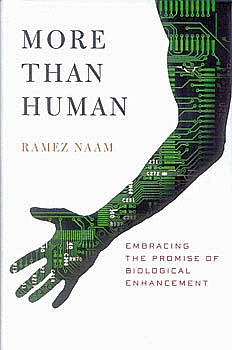 Ramez Naam is a computer scientist and entrepreneur. He is the author of More Than Human: Embracing the Promise of Biological Enhancement
Ramez Naam is a computer scientist and entrepreneur. He is the author of More Than Human: Embracing the Promise of Biological Enhancement, which the LA Times called “a terrific survey of current work and future possibilities in gene therapy, neurotechnology, and other fields.” For More Than Human, Naam was awarded the 2005 H.G. Wells Award for Contributions to Transhumanism.
Ramez spent 13 years at Microsoft, where he lead development on early versions of Microsoft Outlook, Microsoft Internet Explorer, and most recently the Bing search engine.
Naam is a Fellow of the Institute for Ethics and Emerging Technologies and blogs at UnbridledSpeculation.com. He lives in Seattle, where he is currently working on his next book The Infinite Resource: Harnessing the Power of Ideas on a Finite Planet.

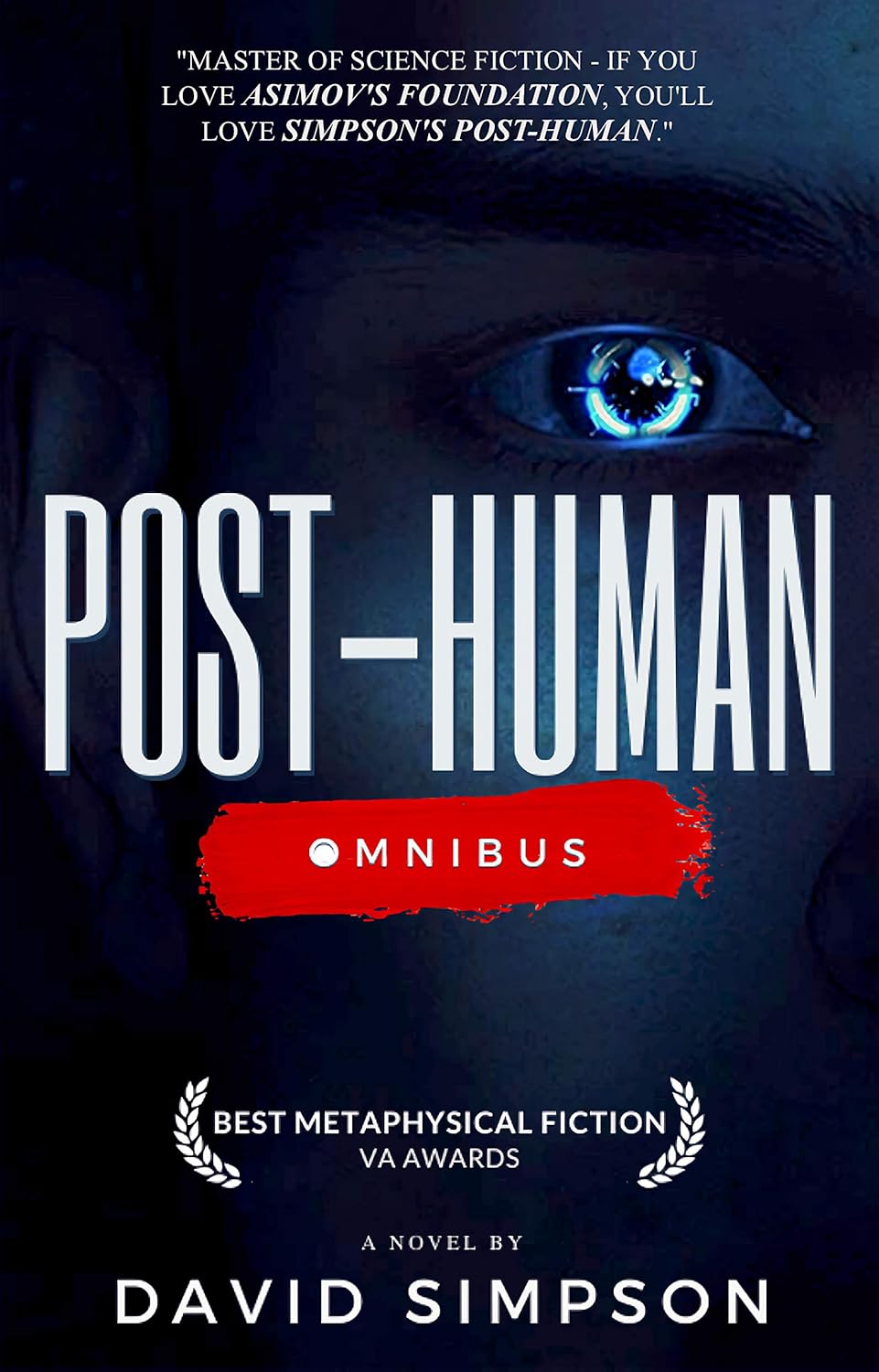 A couple of days ago I interviewed
A couple of days ago I interviewed 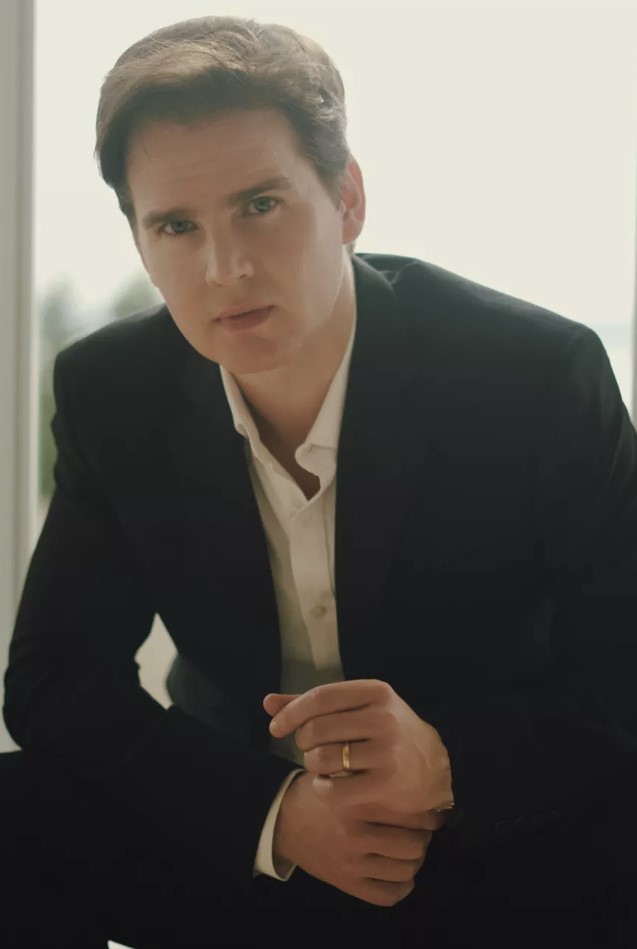 David Simpson is the author of the sci-fi novel
David Simpson is the author of the sci-fi novel 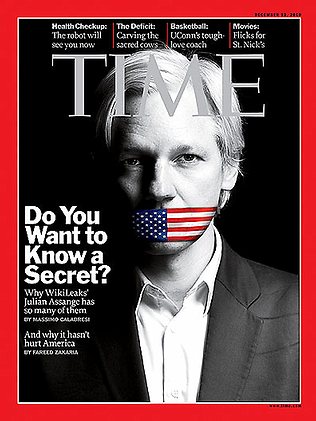 I came to this question after learning of Australia’s recognition of Julian Assange as a heroic figure,
I came to this question after learning of Australia’s recognition of Julian Assange as a heroic figure,  Nikki Olson is a writer/researcher working on an upcoming book about the Singularity with Dr. Kim Solez, as well as relevant educational material for the Lifeboat Foundation. She has a background in philosophy and sociology, and has been involved extensively in Singularity research for 3 years. You can reach Nikki via email at
Nikki Olson is a writer/researcher working on an upcoming book about the Singularity with Dr. Kim Solez, as well as relevant educational material for the Lifeboat Foundation. She has a background in philosophy and sociology, and has been involved extensively in Singularity research for 3 years. You can reach Nikki via email at 
